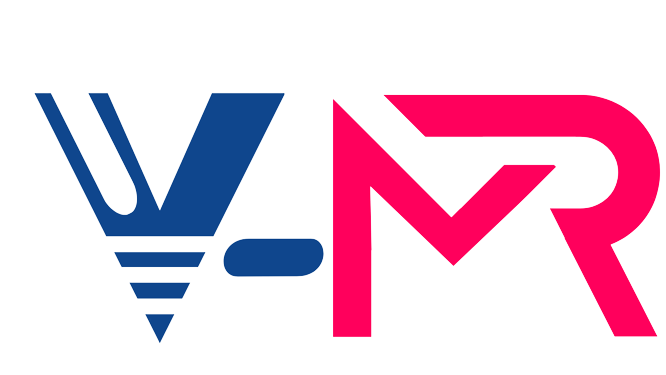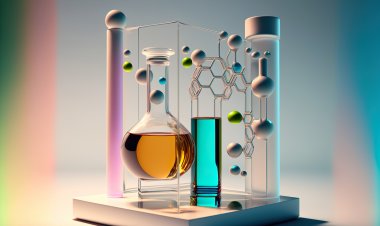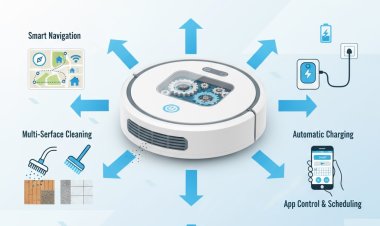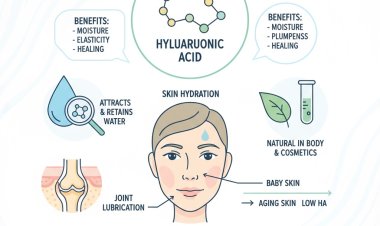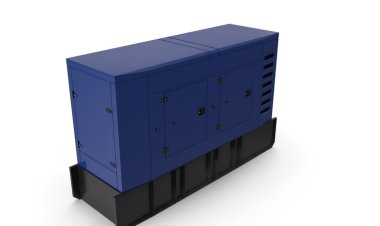Global Ethylene Carbonate Market Size to Reach $1189 Million at a CAGR of 12.9% by 2030
Vantage Market Research expects the Ethylene Carbonate Market to reach USD 1189 Million by 2030, exhibiting a growth rate (CAGR) of 12.9% during 2024-2030.
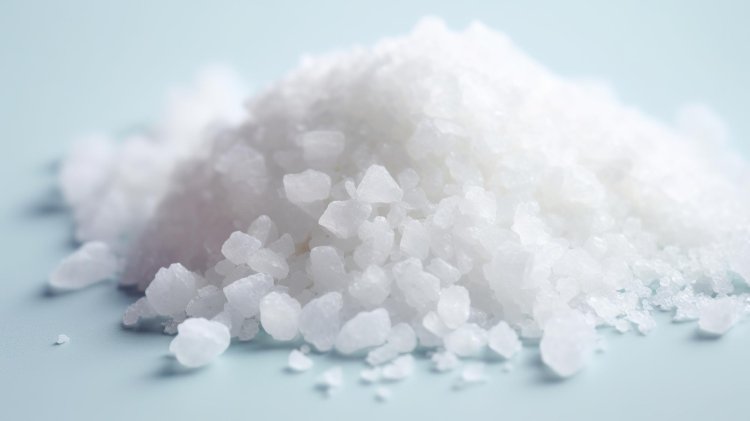
The Global Ethylene Carbonate Market size reached USD 455 Million in 2022. Vantage Market Research expects the market to reach USD 1189 Million by 2030, exhibiting a growth rate (CAGR) of 12.9% during 2024-2030.
Table of Contents
|
|
|
|
|
|
|
|
|
|
|
|
|
|
|
|
Introduction
In the dynamic energy storage and chemical innovation realm, Ethylene Carbonate is emerging as a key player, evolving in tandem with the global shift towards sustainable practices. This high-quality compound, characterized by low impurity ranges and minimum moisture content, finds its niche in several applications, with its predominant use being in lithium-ion batteries.
Request Sample Report of Ethylene Carbonate Market @ https://www.vantagemarketresearch.com/ethylene-carbonate-market-2358/request-sample
Top Companies in Global Ethylene Carbonate Market
- Huntsman International LLC (U.S.)
- Mitsubishi Chemical Corporation (Japan)
- FUJIFILM Wako Pure Chemical Corporation (U.S.)
- Vizag Chemicals International (India)
- Asahi Kasei Corporation (Japan)
- Oriental Union Chemical Corporation (Taiwan)
- BASF SE (Germany)
- Merck KGA (Germany)
- Toagosei Co. Ltd. (Japan)
The Lithium-ion Battery Connection
Rechargeable batteries are taking center stage as we propel towards a sustainable energy-based economy. Ethylene Carbonate plays a pivotal role in lithium battery electrolytes, with traditional solvents in lithium-ion batteries predominantly consisting of this versatile compound. The demand for lithium-ion batteries is ascending to conventional lead batteries due to their lightweight nature and increased efficiency. As a result, the market for Ethylene Carbonate is expanding, reflecting its importance in achieving higher practical energy density for electric vehicles, portable electronics, and energy storage devices. Projections say that the Global Ethylene Carbonate Market is poised to reach a valuation of USD 1189 Million by 2030, experiencing exponential growth of 12.9% over the next seven years.
The typical lithium cell contains between 10% and 30% Ethylene Carbonate by volume, a ratio influenced by the manufacturer and the intended use of the battery. Importantly, Ethylene Carbonate stands out as a recyclable chemical, contributing to the sustainability of battery production by being reclaimed for usage in new batteries during recycling processes.
Diverse Applications
Ethylene Carbonate doesn't limit itself to a single role. Its versatility shines through in various applications, including capacitor electrolytes, lubricants, surface coatings, dyes, fibers, plastics, plasticizers, resist strip solvents, organic solvents, fiber processing agents, soil hardening agents, raw materials for organic synthesis, and medical products. Its significance among cyclic carbonates in industrial settings is distinctive.
Regional Influence and Industry Players
The Asia Pacific region emerges as a powerhouse in the Ethylene Carbonate market, with countries like China, Japan, South Korea, and India leading consumption. Notably, Asahi Kasei Corporation in Japan is leveraging technology to produce high-purity Ethylene Carbonate and dimethyl carbonate, aligning with the global demand for these chemicals in lithium-ion batteries.
Enterprises like Huntsman International LLC and LOTTE Chemical Corporation are instrumental in propelling Ethylene Carbonate forward. Huntsman's JEFFSOL® Ethylene Carbonate stands out for its quality, serving diverse applications. Meanwhile, LOTTE Chemical's foray into Ethyl Methyl Carbonate and Di Ethyl Carbonate production reflects a commitment to technological advancements in battery materials.
Green Chemistry and Sustainability
As the world steers towards green chemistry, the synthesis of Ethylene Carbonate faces sustainability challenges due to its reliance on toxic, fossil-based epoxide reactants. However, innovative pathways involving carbon-based reactants like CO2, urea, and dimethyl carbonate are proposed, offering greener alternatives and aligning with the growing demand for sustainable practices.
Buy Now Our Ethylene Carbonate Industry Report @ https://www.vantagemarketresearch.com/buy-now/ethylene-carbonate-market-2358/0
Toxicity Concerns and Environmental Impact
However, it's essential to acknowledge the potential risks associated with Ethylene Carbonate. Classified as high in toxicity, this compound poses a danger, particularly to the eyes. The Environmental Protection Agency recognizes Ethylene Carbonate as a high-level priority pollutant. Handling and usage must adhere to stringent safety measures to mitigate associated risks.
In contrast, companies like Mitsubishi Chemical Co. and Arvia Technology are pioneering low-toxicity alternatives. Mitsubishi Chemical Co. focuses on ensuring the safety of its products, while Arvia Technology specializes in removing Ethylene Carbonate from water, addressing environmental concerns.
Conclusion
From powering the batteries of tomorrow to exploring greener synthesis pathways, Ethylene Carbonate journey promises to be as dynamic and impactful as the industries it serves.
Read Our Latest Press Release: Flow Battery Market - In-depth Analysis
Contact us
Eric Kunz
6218 Georgia Avenue NW Ste 1 - 564
Washington DC 20011-5125
United States Tel: +1 202 380 9727
Email: [email protected]
Website: Vantage Market Research
